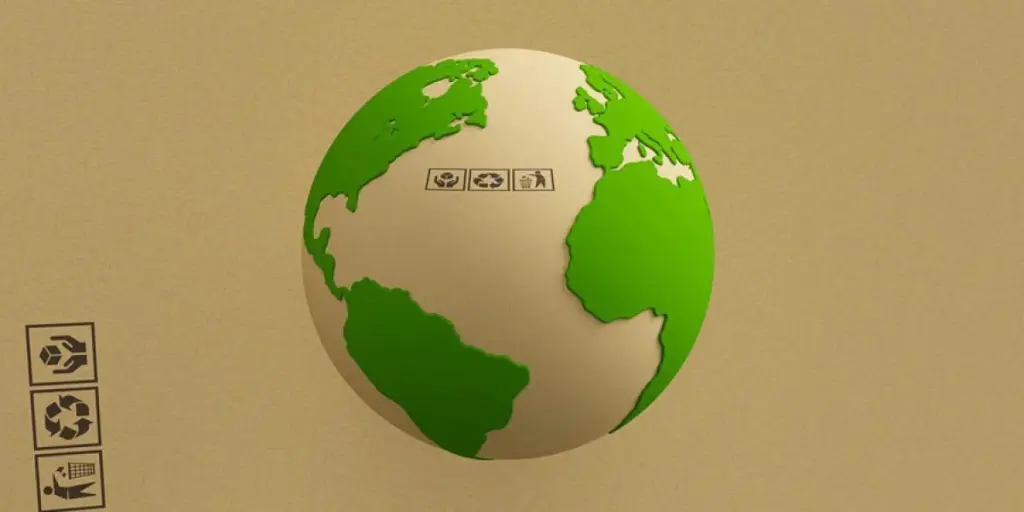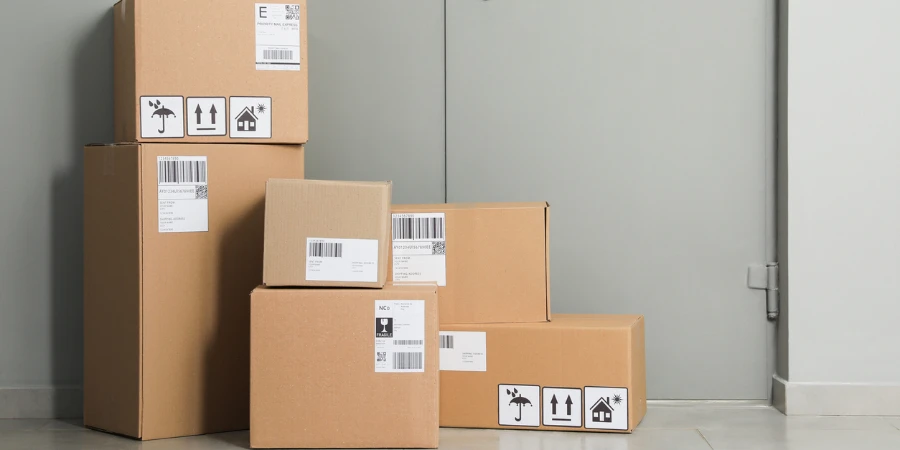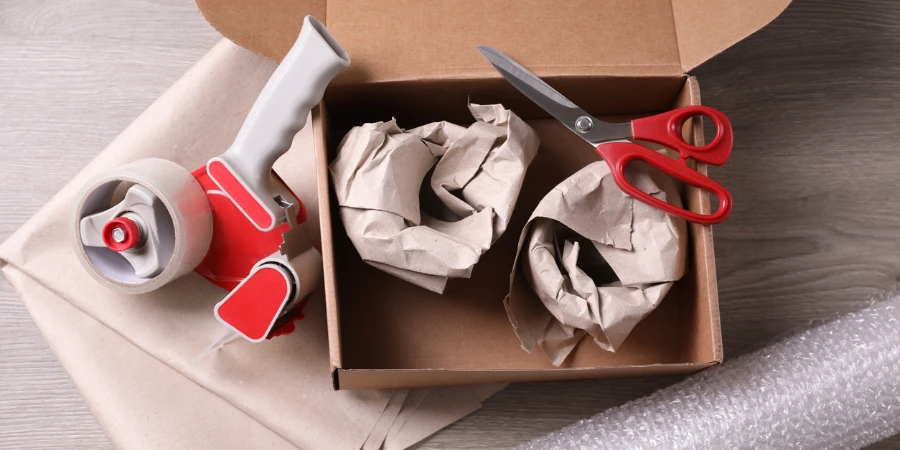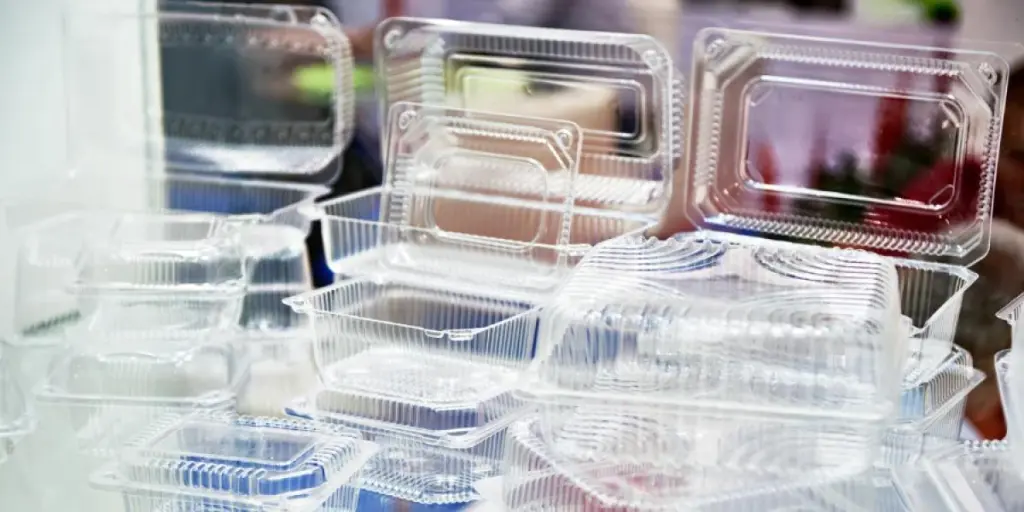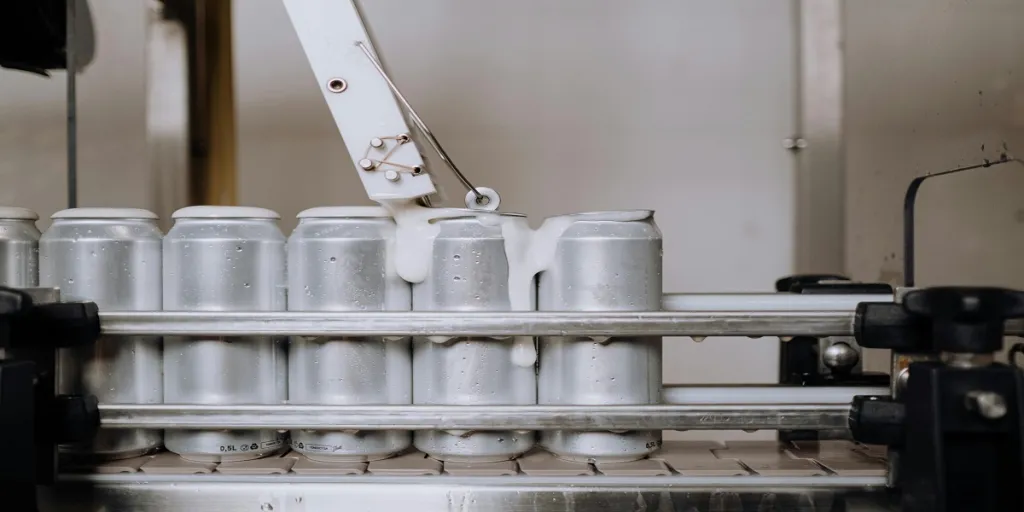Amid the urgent battle against climate change, the packaging industry is a pivotal force, spearheading innovation and sustainability.
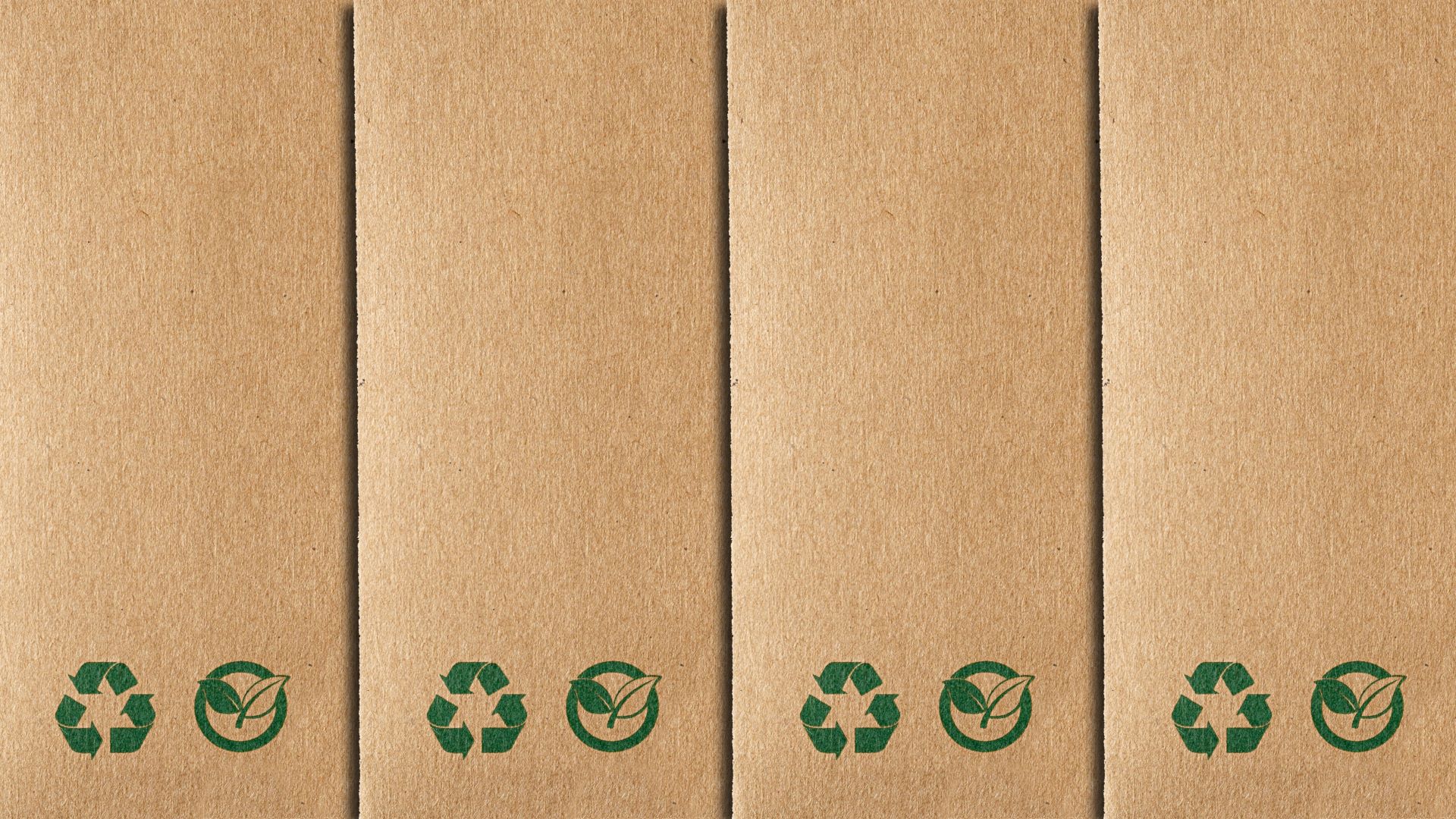
The world is grappling with the urgent need for action against climate change, and consumer industries, including the packaging sector, play a pivotal role. With a staggering $35.2trn in annual revenues, consumer industries contribute a significant 30-35% of global emissions.
If these industries were a country, they would be the largest emitter of greenhouse gases (GHGs).
This alarming scenario prompts a call for urgent measures to address the environmental impact, particularly within the packaging industry.
Emergency mode: consumer industries at the crossroads
Recent analyses underscore the urgent need for consumer industries to step into emergency mode. Approximately 33% of global emissions can be attributed to these industries.
Accenture’s Net Zero Playbook reveals that consumer companies, facing a climate change dilemma, must align their $913bn in revenue towards a net-zero future.
This shift necessitates bold commitments, including emissions cuts, deforestation prevention, and responsible land use. The sector is witnessing a surge in initiatives focusing on green investments, technology enablement, and transparent environmental, social, and governance (ESG) disclosures.
Consumer industries: leading the Net Zero charge
Consumer companies worldwide are stepping up to the challenge. The 2021 UNGC-Accenture CEO Study highlights that 78% of consumer goods and retail companies now have climate targets.
Notably, 81% of CEOs surveyed are actively developing sustainable products and services. The industry’s commitment is further demonstrated by active participation in the Race to Zero initiative.
This coalition, with 11,309 non-State actors, including companies, financial institutions, cities, and educational institutions, is mobilising the largest-ever alliance committed to achieving net-zero carbon emissions by 2050.
Value creation and path forward: accelerating change in the packaging sector
The commitments made by consumer industries, including packaging, lay the foundation for positive change.
Companies are encouraged to utilise resources like the CGF’s Net Zero Playbook to expedite their action plans, identify investment opportunities, and collaborate effectively.
The industry’s focus on creating sustainable products and services aligns with a global push for net-zero emissions, providing a promising path forward.
As consumer industries continue their journey towards a greener future, the packaging sector must play a crucial role in shaping a sustainable and eco-friendly landscape.
Packaging innovation: a cornerstone for sustainable solutions
Within the broader consumer industries, the packaging sector holds immense potential for driving sustainability. Traditional packaging materials, often single-use and non-biodegradable, contribute significantly to environmental degradation.
However, the industry is now witnessing a transformative shift towards innovative, eco-friendly packaging solutions.
Companies are investing in research and development to create packaging materials that are not only biodegradable but also reduce carbon footprints during production.
Biodegradable materials: the future of packaging
One promising avenue is the development of biodegradable packaging materials. These materials break down naturally over time, minimising their environmental impact.
From biodegradable plastics to packaging made from renewable resources like cornstarch and sugarcane, the industry is exploring alternatives that can address the mounting concerns over plastic pollution.
Companies adopting these biodegradable materials are not only meeting consumer demand for eco-friendly options but also aligning with global sustainability goals.
Reducing packaging waste: a circular economy approach
Beyond material innovation, the packaging industry is embracing the concept of a circular economy. This approach emphasises reducing, reusing, and recycling materials to minimise waste.
Companies are redesigning packaging with a focus on optimising material usage, making it easier to recycle, and encouraging consumers to participate in recycling programmes.
By adopting circular economy principles, the packaging sector aims to reduce its environmental footprint while fostering a culture of responsible consumption.
Challenges and opportunities in the packaging industry
While strides are being made towards sustainable packaging, challenges persist. Balancing the need for protective and functional packaging with eco-friendly alternatives remains a delicate task.
The industry faces the challenge of educating consumers about the importance of sustainable packaging and influencing their purchasing decisions.
However, within these challenges lie opportunities for growth and innovation.
Consumer education and engagement
Companies in the packaging sector have a crucial role in educating consumers about the environmental impact of packaging choices. Transparent labelling, eco-friendly branding, and informational campaigns can empower consumers to make sustainable choices.
Engaging consumers in the sustainability journey fosters a sense of responsibility and drives demand for eco-friendly packaging solutions.
Collaboration and innovation
The packaging industry is a dynamic ecosystem where collaboration is key. Companies can pool resources, share insights, and collaborate on research and development to accelerate the adoption of sustainable packaging solutions.
Innovations such as smart packaging, which extends product shelf life and reduces food waste, showcase the potential for technology to contribute to sustainability goals.
By fostering a culture of innovation and collaboration, the packaging industry can overcome challenges and lead the way in sustainable practices.
Where to start: practical steps for the packaging industry
As the packaging industry navigates the path towards sustainability, practical steps can guide companies in making a meaningful impact.
1. Material selection: Prioritise the use of biodegradable and recyclable materials in packaging designs. Explore alternative materials that minimise environmental impact.
2. Circular economy practices: Embrace circular economy principles by designing packaging for recyclability, encouraging recycling programmes, and minimising waste.
3. Consumer education: Launch educational campaigns to inform consumers about the environmental impact of packaging choices and empower them to make sustainable decisions.
4. Collaborate and innovate: Foster collaboration within the industry to share knowledge, resources, and innovations that contribute to sustainable packaging solutions.
5. Transparency and accountability: Implement transparent labeling and reporting practices to build trust with consumers and demonstrate a commitment to sustainability.
At present, the packaging industry stands at the forefront of the global effort to combat climate change within consumer industries. By embracing sustainability, driving innovation, and collaborating on shared goals, the sector has the potential to reshape the way products are packaged, setting a new standard for environmental responsibility.
As consumer companies worldwide commit to net-zero goals, the packaging industry’s contribution is pivotal in creating a more sustainable and resilient future.
Source from Packaging Gateway
Disclaimer: The information set forth above is provided by packaging-gateway.com independently of Alibaba.com. Alibaba.com makes no representation and warranties as to the quality and reliability of the seller and products.
